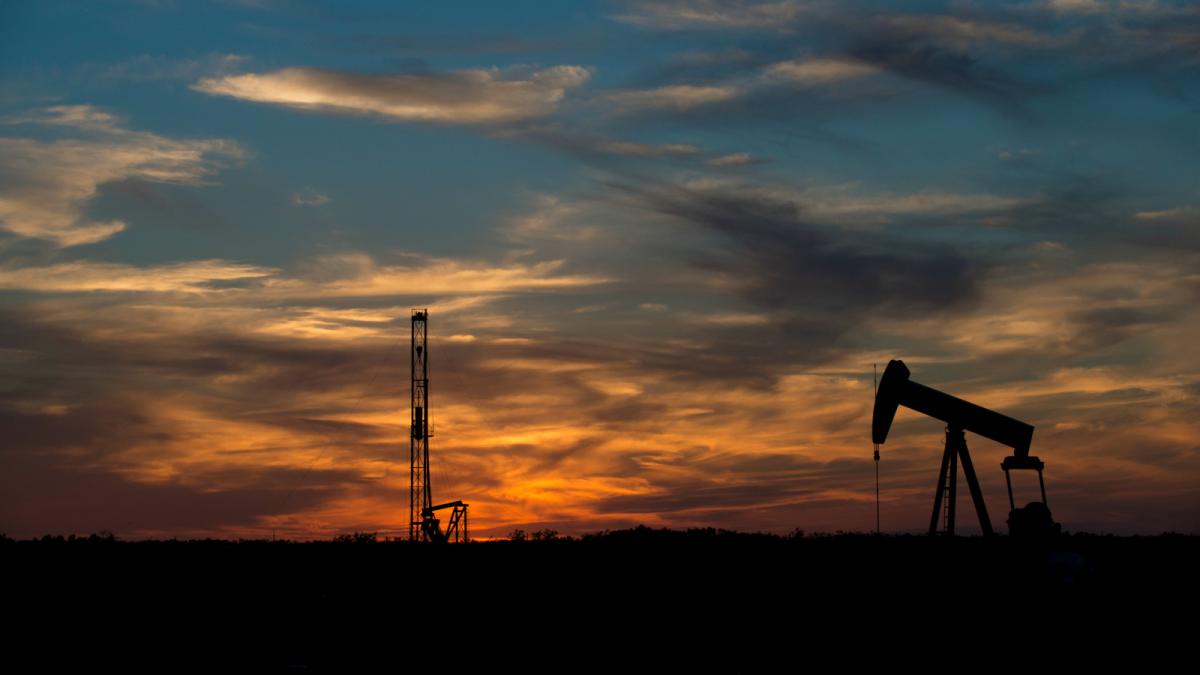Recent environmental victories, including President Obama’s rejection of the Keystone XL pipeline, owe a lot to the fracking boom. A recent glut of oil and gas in the United States opened a window of opportunity, making a number of key environmental policies more politically palatable.
But those who care about the climate should be asking a hard question: What will happen to such policies if the fracking boom fizzles?
The U.S. boom in fracking has tapped huge deposits of natural gas locked up in shale rock, pushing the nation’s natural gas production to an all-time high.
Production rose so fast it outstripped demand, creating a glut that has pushed prices down. Enjoying some of the lowest natural gas prices in the world, utilities have cut back on coal use and burned more natural gas for generating electricity. The shift has been remarkably fast, and today natural gas and coal have equal shares of the U.S. electricity market.
Meanwhile, as this fracking boom unfolded, the Environmental Protection Agency (EPA) was crafting a series of rules limiting greenhouse gas emissions from coal-fired power plants. Rules proposed in 2013 and finalized this year pr... Read more




